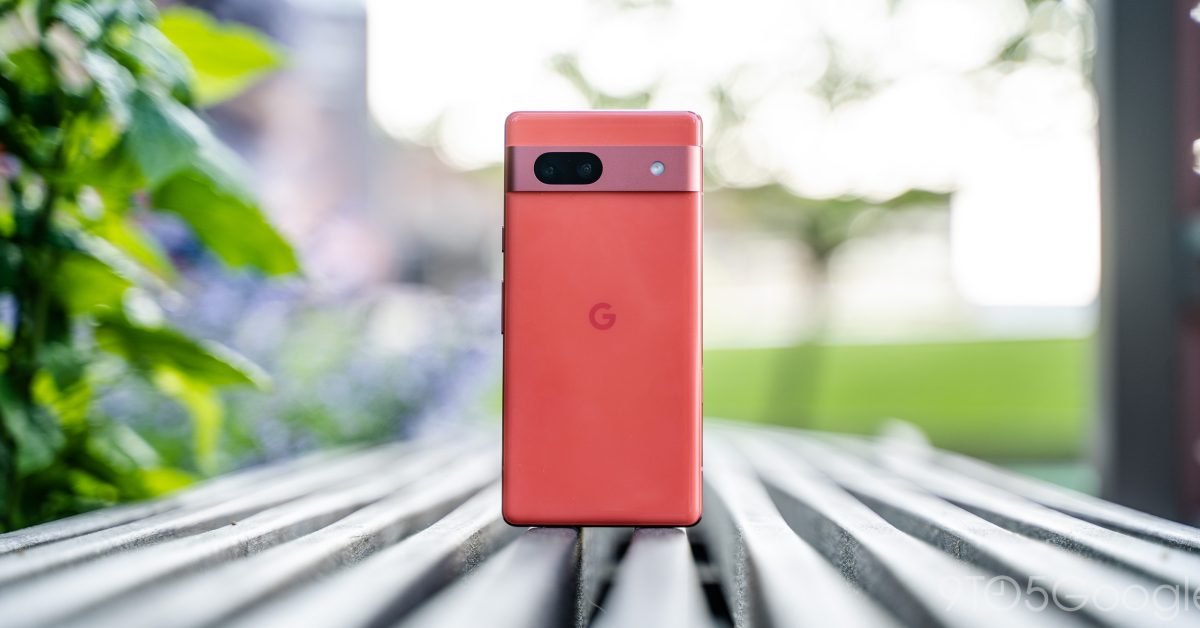- cross-posted to:
- [email protected]
- cross-posted to:
- [email protected]
Android is struggling to keep its market share in the United States, as Apple continues to take over in the market. But, despite Android as a whole losing ground, Google Pixel phones are becoming a bigger slice of the US market.
Counterpoint Research reports that, in Q2 2023, US smartphone shipments dropped by 24% year-over-year. That includes both iPhones and Android phones, and virtually every brand saw a drop in shipments. Samsung saw US shipments drop by 37% while Motorola saw a 17% drop. TCL saw the biggest decline at just shy of 70% year-over-year, and even Apple saw a 6% drop.



Google owns the platform. You’re not really comparing like to like.
It’s like saying since Google can modify some files in Windows that Microsoft doesn’t control the platform.
Sony upstreams many of its changes, but you’re right that Samsung does not. This is both because of differentiation, but also because often the changes are in defiance of the “official” Google spec in android and merging is refused.
One plus for example offers further customization on gesture input that is missing in Android 13, allowing corner bottom swipes, hiding the little nav line, etc. But this cannot merge.
Google has decided a “solution”, to hell with if your features are better. I would love to see these features in android mainline. But Google won’t allow it. Sony made a theme system years ago, but Android wouldn’t fully merge it, and took another 5 or so years to make something.
deleted by creator
You complain that I’m not comparing like to like, yet you’re taking Windows, a closed sourced operating system, as an analog to AOSP, an open sourced one?
But why are other OEMs allowed to differentiate, and Google is not?
Yes, Google has the “official control” of how Android should be, and not all OEM changes are in line with that. But contributing upstream is not the only way to make the Android ecosystem open.
Take for example, Galaxy Watch with WearOS. There are multiple features that the watch can do, ONLY IF ITS PAIRED WITH A GALAXY PHONE. I have a Galaxy Watch 4. It has ECG and Blood Pressure sensors. But I can’t use it (officially), because I don’t have a Galaxy phone. Why? Because Samsung is keeping that exclusive with a software lock that totally doesn’t have to be there. Measuring ECG and Blood Pressure doesn’t need anything from my phone, it’s all on the watch.
Another example also regarding using Galaxy Watch with a non Galaxy phone, which is even more absurd, is that if you’re using a Galaxy Watch with Galaxy phone, they will sync DND status between them, but if you’re not using a Galaxy phone, it’ll not sync. They literally added codes for it to not work on non Galaxy phone.
Also, the example you used in your original comment, the call screening feature, uses language models that Google paid for the development and trained. I think it’s fair for them to uses that technology that they invested in to help boost their own profit instead of just giving out for free.